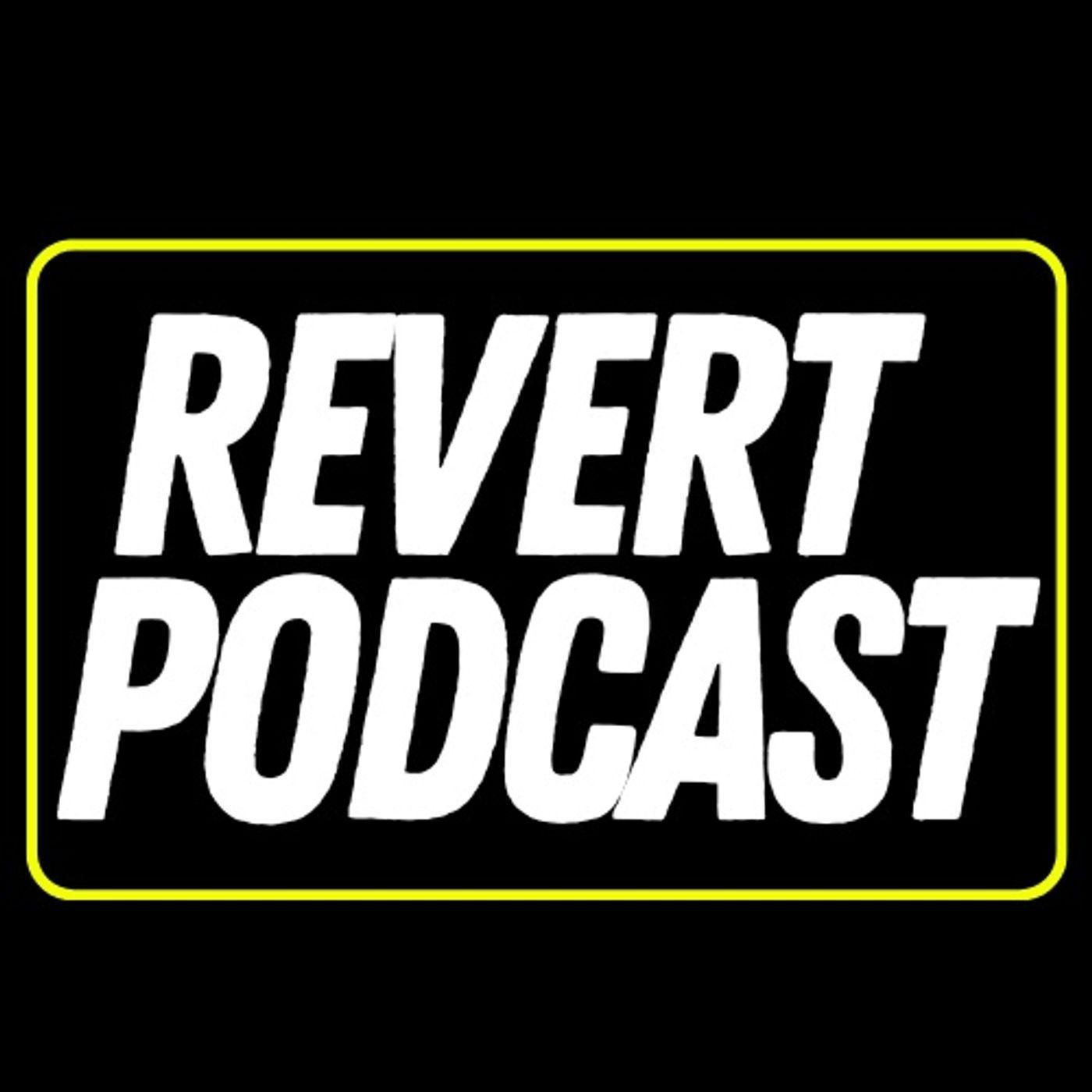

My name’s Matthew Drake (Matt for short). I’m from Wokingham, Berkshire in England and I embraced Islam in 2005 when I was 19 years old. <br /><br />When I look back to when I first became muslim nearly two decades ago, I realize that I made a lot of mistakes along the way. <br /><br />And more often than not, these incidents were a direct result of a lack of Islamic knowledge or a lack of knowing how to apply Islam correctly in my life, either because of my own ignorance of the religion or because of the bad advice I received from other muslims who, despite the good intentions they may have had, were ill-informed themselves or had a lack of understanding. <br /><br />This, in addition to the excessive zeal I had as a new muslim, as well as immaturity and a lack of life experience, all contributed to me going to extremes in aspects of the religion, obligating or prohibiting things in my life that I didn’t have to, getting into arguments and debates with other people, ruining friendships and upsetting family members. <br /><br />Mistakes were made, damage was caused and people were hurt unnecessarily. <br /><br />But as time went on and the more I learned about Islam and lived my life as a muslim and the general life experience I gained, I began to understand the mistakes I made and where and how I went wrong.<br /><br />After graduating from the Islamic University of Madinah back in 2014, I felt a need to give back to muslim communities and contribute to the Islamic call but wasn’t sure what to do. I would often think back to the early days of my Islam, the mistakes I made and how I would have done things differently had I had known then what I know now.<br /><br />So the idea came about for ‘Revert Podcast’ a project aimed at helping new muslims and muslim reverts in general, by educating them more about Islam and how to practice it. By returning back to the Quran, authentic Hadith and works of the great scholars of Islam, I hope to shed some light on key issues that affect reverts, clarify any misunderstandings they may have and teach some of the basics of Islam. <br /><br />I don’t claim to be a scholar or ‘sheikh’ and I don’t give religious verdicts. My goal is simply to convey Islamic knowledge that is most relevant to muslim reverts – within my capacity – and to help them on their journey. <br /><br />I hope this initiative can help serve as a guide to reverts and new muslims, and that by way of it, I can rectify some of the wrongs and help to prevent others from making the mistakes I made.<br /><br />Become a supporter of this podcast: <a href="https://www.spreaker.com/podcast/revert-podcast--4998688/support?utm_source=rss&utm_medium=rss&utm_campaign=rss">https://www.spreaker.com/podcast/revert-podcast--4998688/support</a>.
Amanda is a wife. A mother. A blogger. A Christian.
A charming, beautiful, bubbly, young woman who lives life to the fullest.
But Amanda is dying, with a secret she doesn’t want anyone to know.
She starts a blog detailing her cancer journey, and becomes an inspiration, touching and
captivating her local community as well as followers all over the world.
Until one day investigative producer Nancy gets an anonymous tip telling her to look at Amanda’s
blog, setting Nancy on an unimaginable road to uncover Amanda’s secret.
Award winning journalist Charlie Webster explores this unbelievable and bizarre, but
all-too-real tale, of a woman from San Jose, California whose secret ripped a family apart and
left a community in shock.
Scamanda is the true story of a woman whose own words held the key to her secret.
New episodes every Monday.
Follow Scamanda on Apple Podcasts, Spotify, or wherever you listen.
Amanda’s blog posts are read by actor Kendall Horn.